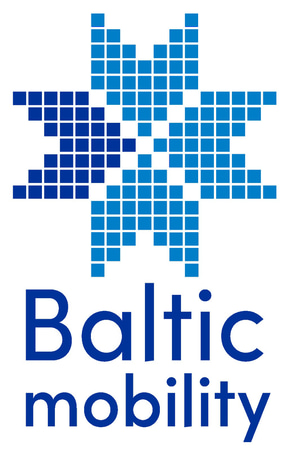History Horizons: UNESCO Heritage Sites and Learning Outside the Classroom
This five-day course is designed for educators, cultural professionals, and anyone interested in integrating UNESCO World Heritage sites into the learning process. Through a combination of theoretical sessions and immersive field visits, participants will explore how cultural heritage can be effectively incorporated into education to enhance historical awareness and develop interdisciplinary teaching methods.
The course takes place in Lithuania, offering a unique opportunity to visit some of the country’s most remarkable UNESCO-listed sites. It begins in Vilnius, where participants will be introduced to the concept and significance of UNESCO World Heritage and take part in an expert-led tour of the city's Old Town, a UNESCO site since 1994. Key landmarks such as Cathedral Square, Gediminas Castle, Vilnius University, and St. Anne’s Church will serve as case studies for discussions on integrating cultural heritage into school curricula. The following day, the focus shifts to cultural heritage in education, with interactive sessions on best practices, digital tools, and innovative strategies for incorporating heritage studies into teaching.
Midway through the course, participants will embark on a field trip to Kernavė, Lithuania’s ancient capital, whose hillfort complex has been a UNESCO World Heritage site since 2004. This excursion will provide firsthand insight into Lithuania’s prehistoric and medieval history, combined with a hands-on workshop on experiential learning methods in outdoor education. The program continues with an excursion to the Curonian Spit and Nida, a UNESCO-listed cultural landscape known for its breathtaking sand dunes and rich maritime heritage. Participants will explore the Nagliai Nature Reserve, Parnidis Dune, and traditional fishermen’s villages while discussing environmental sustainability and heritage conservation in education.
The course concludes with a reflection session, where participants will present their educational projects and share insights gained throughout the week. Upon completion, all attendees will receive Baltic Mobility and Europass certificates, recognizing their achievements and newly acquired competencies.
By joining this course, participants will not only deepen their understanding of UNESCO World Heritage and its role in education but also experience Lithuania’s rich cultural and natural diversity through an engaging and immersive learning approach.
Key Competencies Gained:
Implementing experiential and outdoor learning
Engaging participants with historical storytelling techniques
Understanding the significance of UNESCO sites in education
